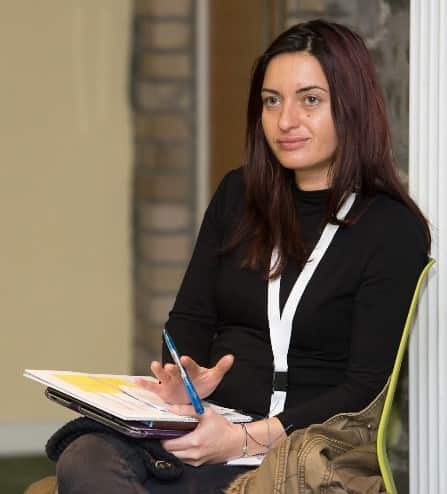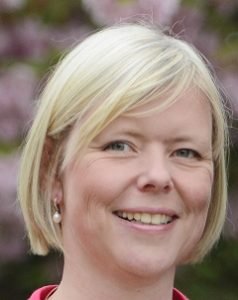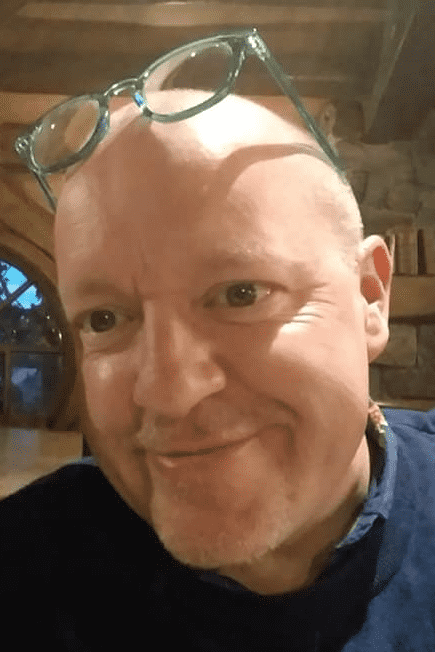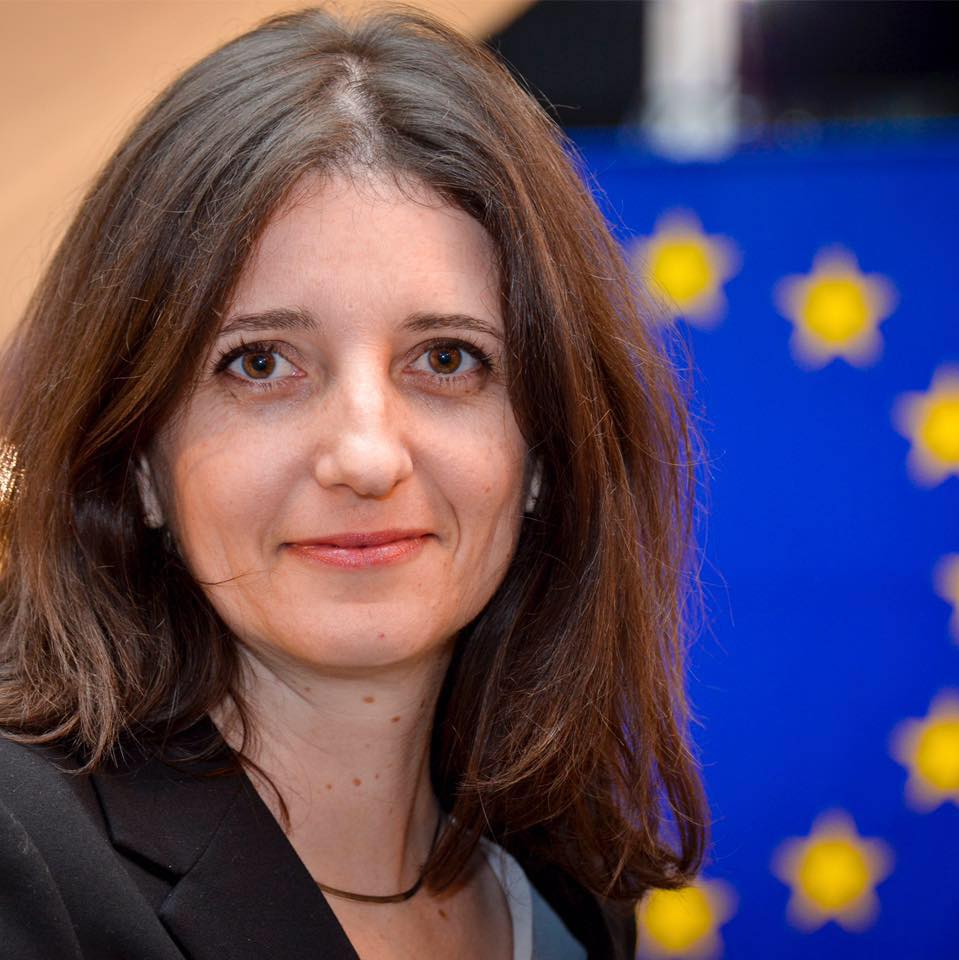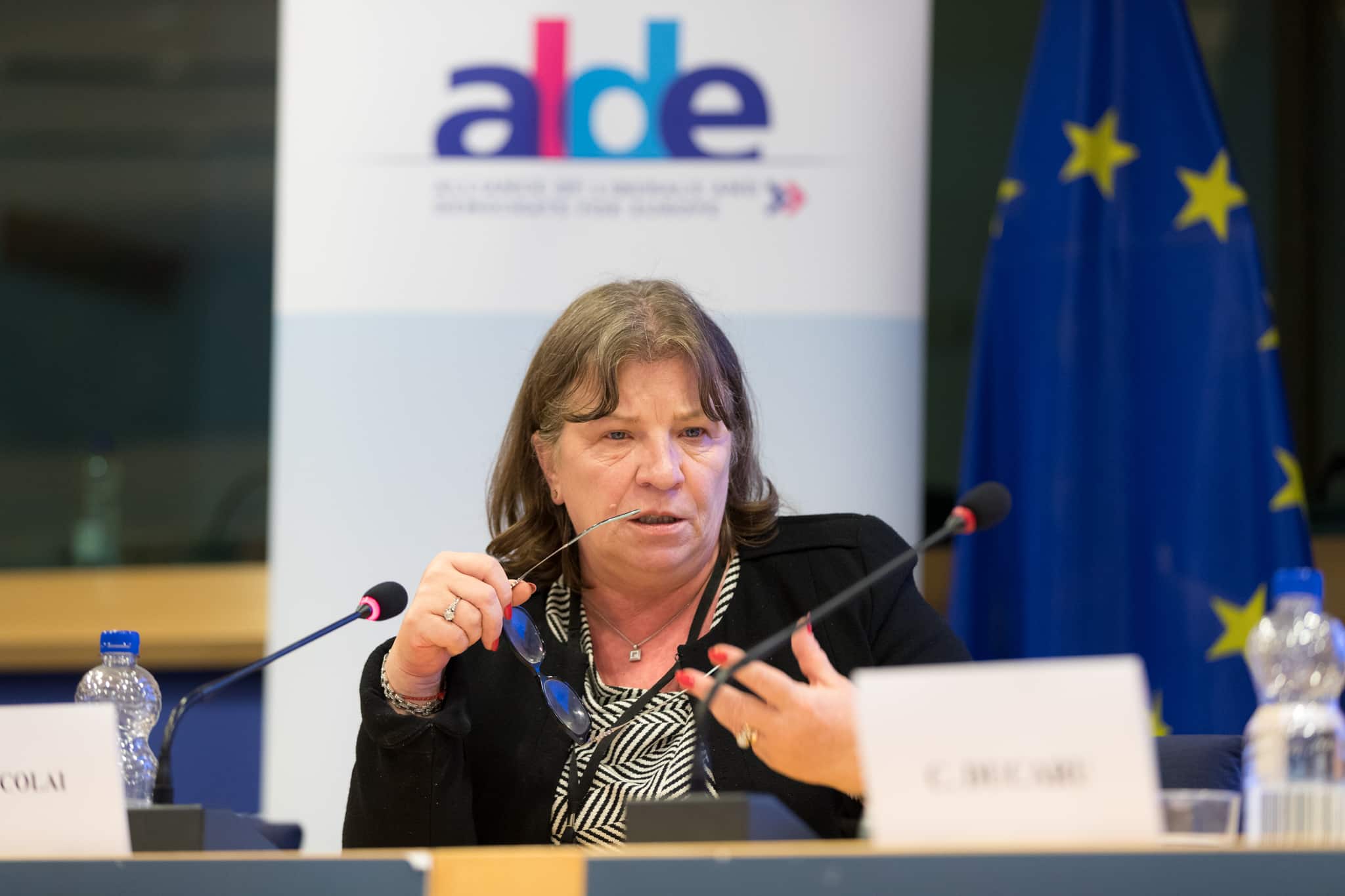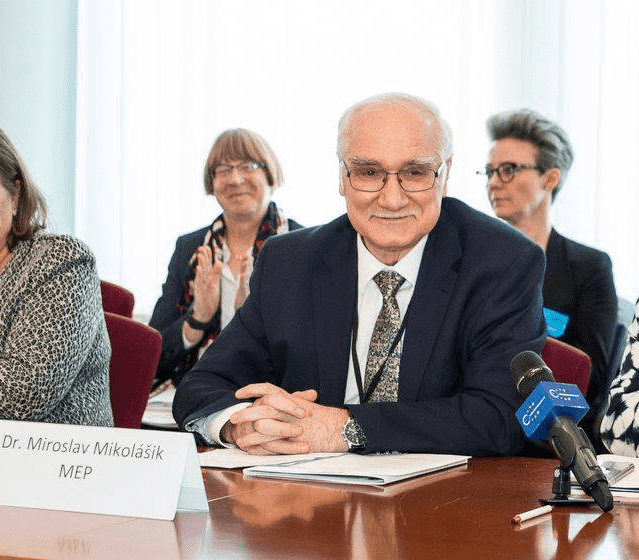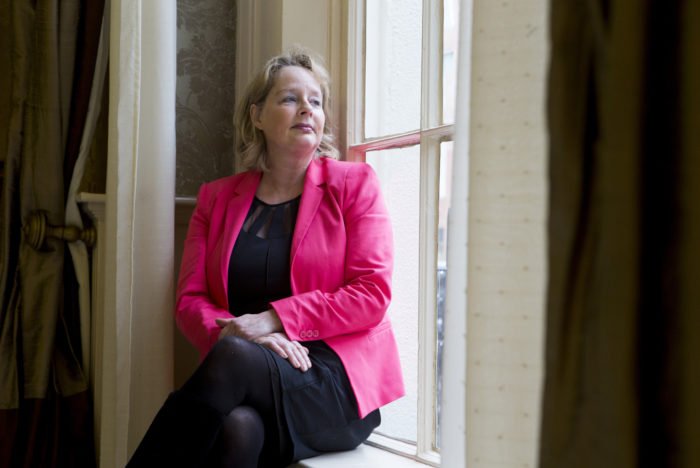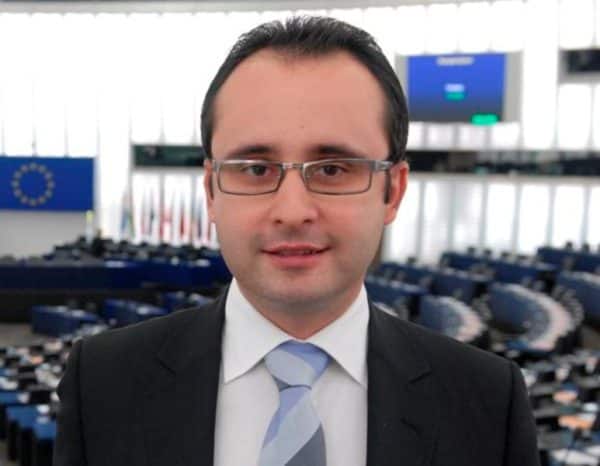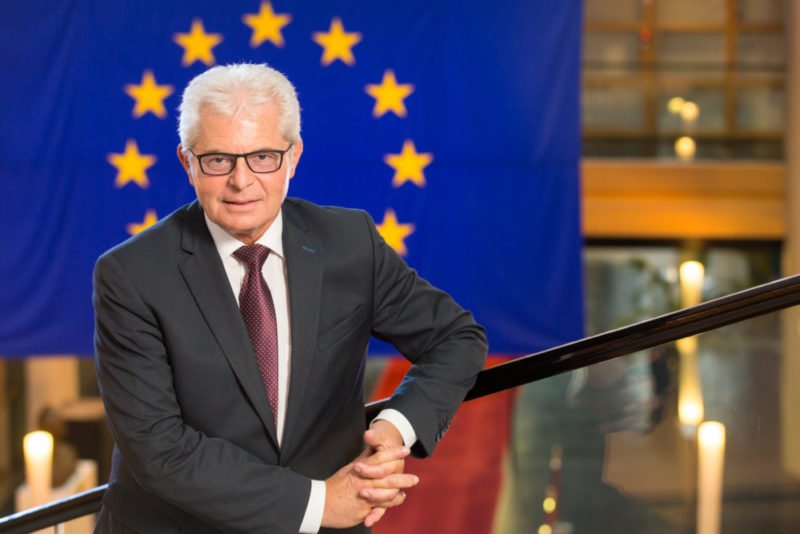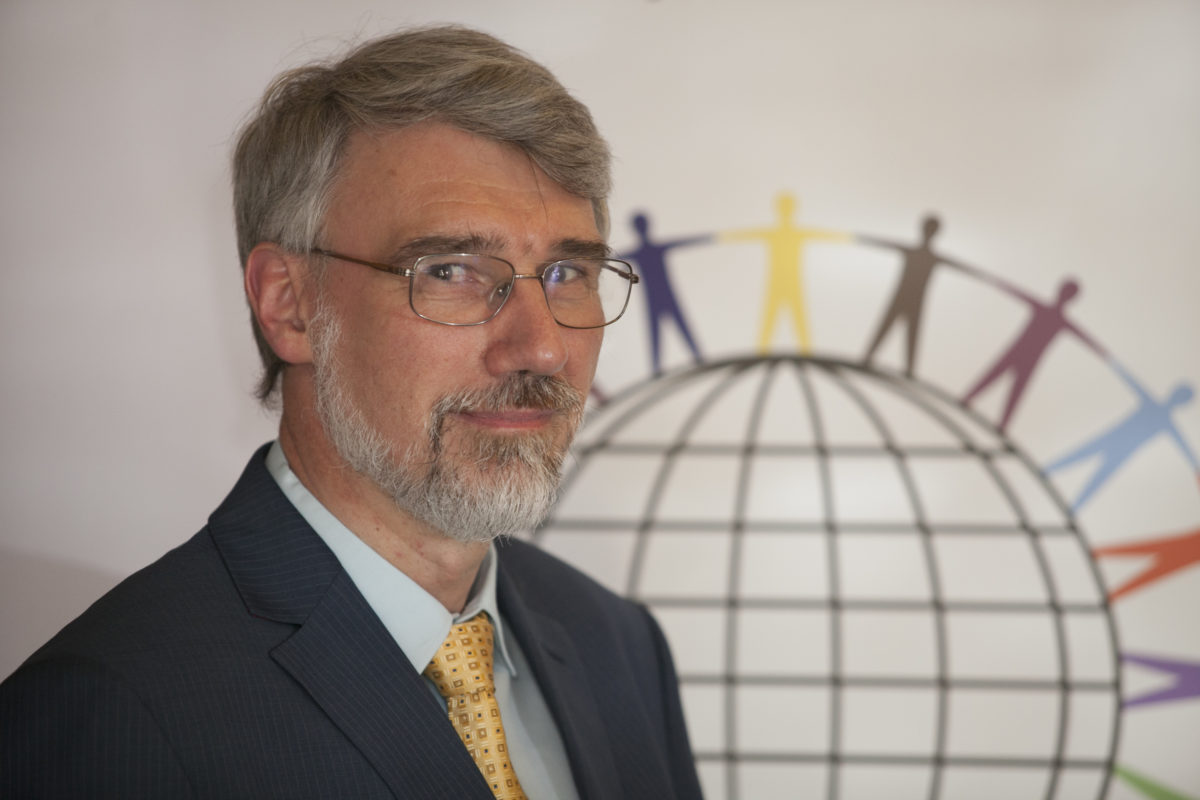
For this edition of EHC Now, and as a follow-up to our World Haemophilia Week in which we marked a yearlong celebration of the EHC’s 30th anniversary, we wanted to spotlight the EHC’s longest-standing employee and the living and breathing institutional memory of the EHC, Jo Eerens. Jo left the organisation back in November last year but hasn’t stopped volunteering for some of EHC’s events. Jo has continued to make himself available to all of the EHC staff and community for any question or advice. We asked Jo how the EHC changed; where he sees the community going, and what his fondest memories are of his time with the EHC.
 The EHC was founded in 1989, as a direct result of the blood contamination scandals, and the changes in the political landscape in Europe. The European communities were, at that time, composed of only 11 countries, and Europe was further unified four years later by the Maastricht Treaty. In its infancy, the EHC was a volunteer organisation whose scope was to connect members so that they could exchange information according to their needs and based on their willingness. The vision of the EHC was to make it a strong community to fight against malpractice and to demand better treatment and care.
The EHC was founded in 1989, as a direct result of the blood contamination scandals, and the changes in the political landscape in Europe. The European communities were, at that time, composed of only 11 countries, and Europe was further unified four years later by the Maastricht Treaty. In its infancy, the EHC was a volunteer organisation whose scope was to connect members so that they could exchange information according to their needs and based on their willingness. The vision of the EHC was to make it a strong community to fight against malpractice and to demand better treatment and care.
In 2002, a member of the Austrian National Member Organisation (NMO), Hubert Hartl, was elected president. This coincides with the year we adopted the Euro. Back then, the EU was only composed of 15 members. Hubert brought with him a new vision to the organisation: to transform the EHC into an EU-platform. For this, two things were necessary 1) the EHC had to establish itself as a legal entity; and 2) the EHC had to start implementing actions at the European level. And so, it began. In 2005 there was the very first survey on the state of haemophilia care amongst EHC members. In 2006, the results were presented at the European Parliament. In 2007, the EHC held its very first Round Table of Stakeholders presided by Member of the European Parliament Dr Miroslav Mikolasik who thereafter became a long-standing supporter of the EHC. Then in 2008, the European principles of haemophilia care were developed and presented at the European Parliament. Finally, in 2009, the European Haemophilia Safety Surveillance (EUHASS) project started.
The daily management of the EHC’s activities, which in the beginning only consisted of the Annual Conference, the Round Tables, surveys, communication to 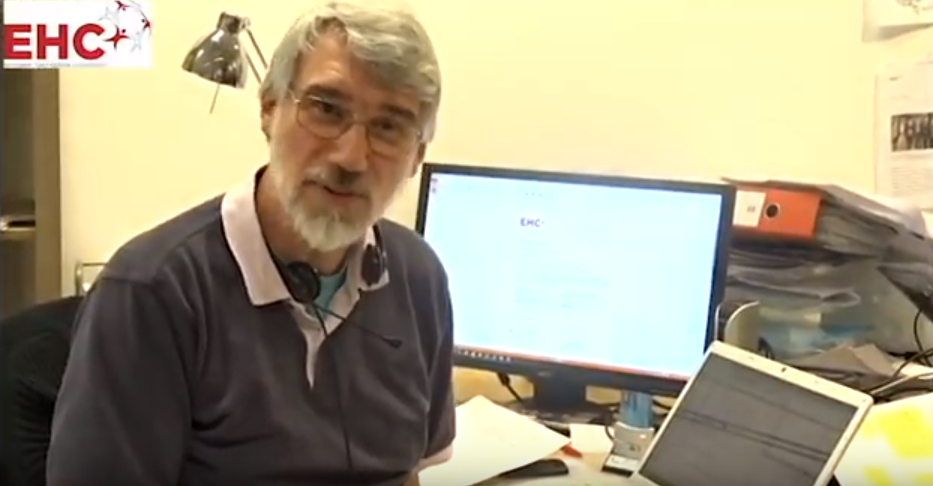 members and the managing of the finances of the organisation were supported by the staff of the NMO from which the EHC President came from. Unfortunately, in 2008 Hubert Hartl died, and the management of the day-to-day affairs of the consortium was given to a consulting firm. In 2010, the EHC decided to establish its own office in Brussels. This is when I officially joined, and in 2012 Amanda Bok was hired as CEO, a role she has to this day.
members and the managing of the finances of the organisation were supported by the staff of the NMO from which the EHC President came from. Unfortunately, in 2008 Hubert Hartl died, and the management of the day-to-day affairs of the consortium was given to a consulting firm. In 2010, the EHC decided to establish its own office in Brussels. This is when I officially joined, and in 2012 Amanda Bok was hired as CEO, a role she has to this day.
At that time, the EHC also formed a stable community. In 2010, the EHC counted 43 members, and for me, this was a milestone as we reached the whole European region, in the broader sense. Since then, the EHC kept on expanding east with countries like Tajikistan, Kyrgyzstan and Uzbekistan. The question was raised how many more countries the EHC would accept in its membership. The answer is that the EHC models its geographical coverage on the WHO European region and seeing that this region has 56 countries, we can expect that the EHC could reach the same number of members in the future.
I can attest from my time involved with the EHC that our members have changed tremendously but also that they are a very heterogeneous group: some are celebrating their 50th anniversary while others are brand new. We also saw an incredible change in the haemophilia treatment landscape in the past 30 years, and we went through some pretty dramatic stages. First, we had a history of poor treatment and a terrible quality of life. Then we had a medical breakthrough with some life-changing therapies, which were tainted by the contaminated blood scandals. Right now, we are again on the verge of a medical revolution with innovative treatments like gene therapy and non-replacement therapies. This is interesting for those members who only established themselves and joined our community very recently. They missed all of these battles and scientific discoveries, and sometimes they have direct access to novel therapies and consider them as the norm. At the same time, in other countries with a long history of haemophilia treatment, new technologies are not yet fully available.
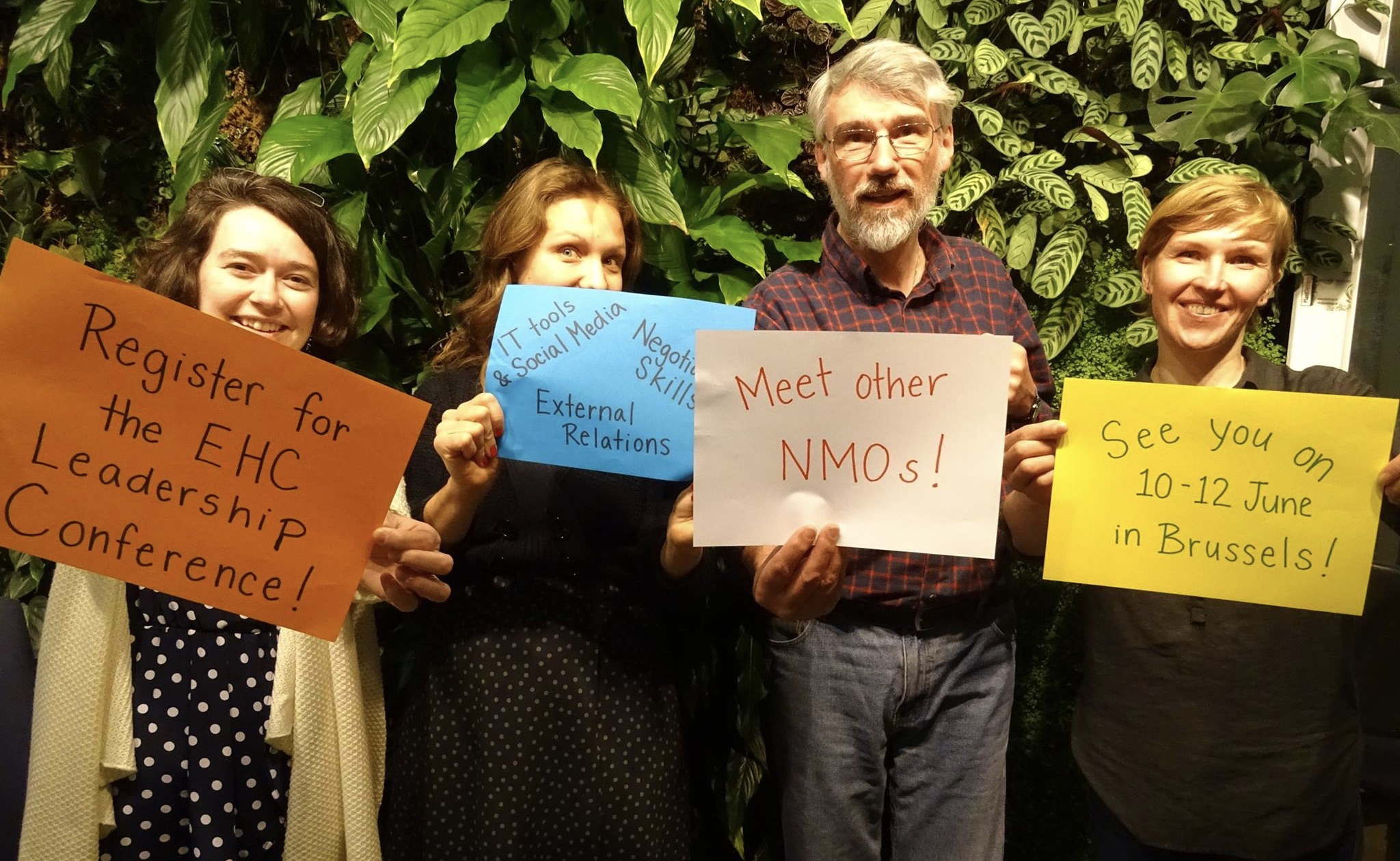 Our mission too, changed over time. At first, we were there to serve our members to access good treatment. This is still the case, and access to treatment and care remains the EHC’s primary goal. However, as countries reached higher standards of treatment for people with haemophilia, we also started to shift our focus towards underserved patient populations like people with inhibitors, women and rare bleeding disorders. We also began to look at other aspects of our community, such as fostering youth, financial sustainability, representation of the organisations, and promoting participation in the national health care decision-making process. Focusing on everything is a tough job, and this is why the EHC enlarged its number of staff and committees.
Our mission too, changed over time. At first, we were there to serve our members to access good treatment. This is still the case, and access to treatment and care remains the EHC’s primary goal. However, as countries reached higher standards of treatment for people with haemophilia, we also started to shift our focus towards underserved patient populations like people with inhibitors, women and rare bleeding disorders. We also began to look at other aspects of our community, such as fostering youth, financial sustainability, representation of the organisations, and promoting participation in the national health care decision-making process. Focusing on everything is a tough job, and this is why the EHC enlarged its number of staff and committees.
It is often said that an organisation is only as strong as its weakest member and, in my opinion, if you evolve, you need to ensure that you take your weakest partner with you. This is why our focus has shifted from providing adequate haemophilia treatment to ensuring treatment and care for all those patient groups that are not getting that. But we also focus on ensuring that our members are financially sound and transparent and that they are the best and most active actors at the national level that they can be.
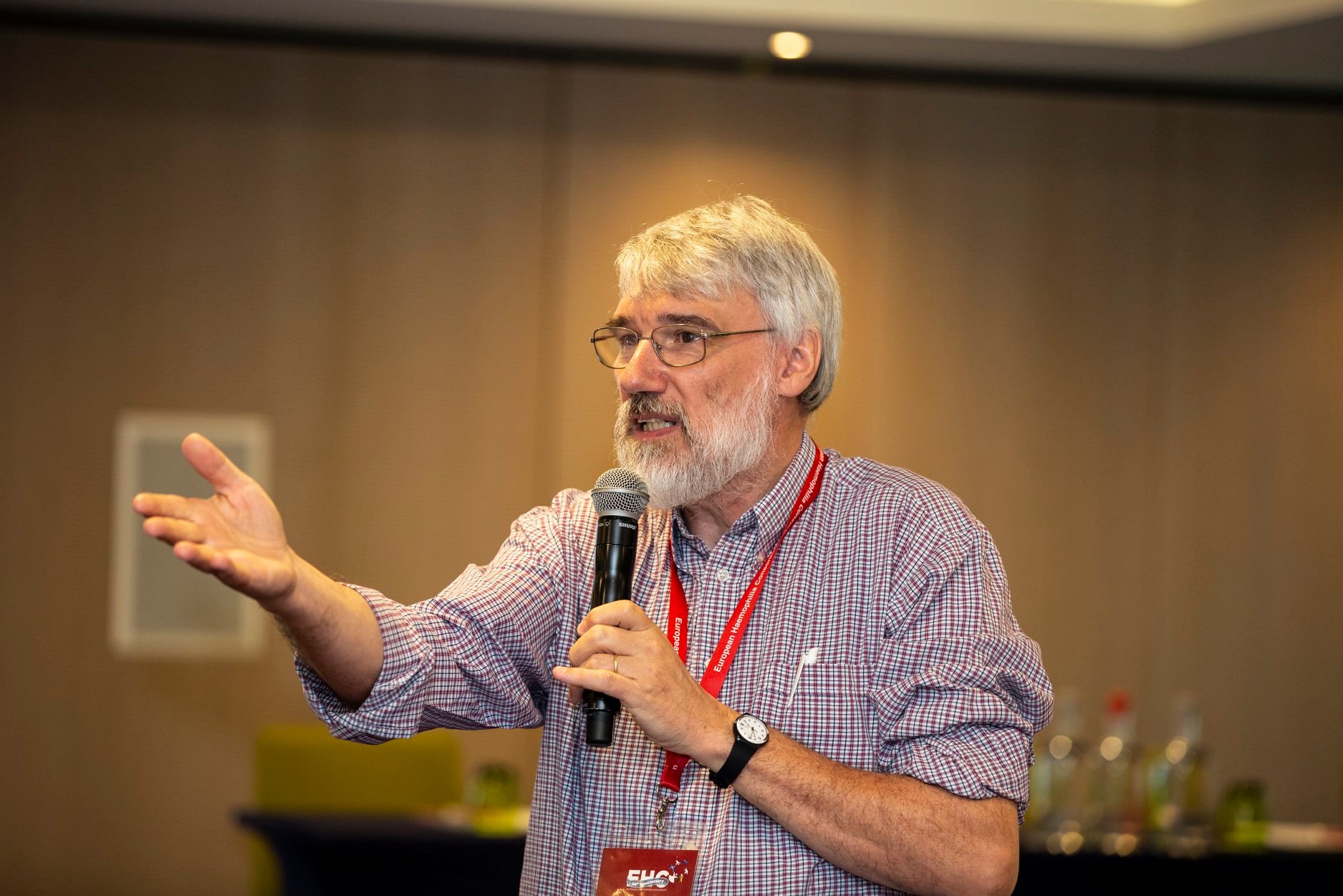 In my opinion, none of these needs will diminish. I believe that with so many treatment options, we will have an increased focus on personalised treatment so that we will need to carefully continue to monitor clinical and real-world developments for these new technologies. We also need to continue focusing on underserved populations because they still do not have adequate access to treatment and care, and they are part of our mission. Finally, together with the World Federation of Hemophilia (WFH), we will need to continue to support our members in whichever difficulties they may encounter at the national level, including internal divisions. For me, the biggest challenge in managing the EHC’s membership in the future will be to find unity despite the increased diversity within countries brought by changes in the treatment landscape and non-traditional patient groups. This unification process will not come from external factors like new discoveries, new treatments. It will have to come from within: focusing on the common good and solidarity granting everybody his or her life.
In my opinion, none of these needs will diminish. I believe that with so many treatment options, we will have an increased focus on personalised treatment so that we will need to carefully continue to monitor clinical and real-world developments for these new technologies. We also need to continue focusing on underserved populations because they still do not have adequate access to treatment and care, and they are part of our mission. Finally, together with the World Federation of Hemophilia (WFH), we will need to continue to support our members in whichever difficulties they may encounter at the national level, including internal divisions. For me, the biggest challenge in managing the EHC’s membership in the future will be to find unity despite the increased diversity within countries brought by changes in the treatment landscape and non-traditional patient groups. This unification process will not come from external factors like new discoveries, new treatments. It will have to come from within: focusing on the common good and solidarity granting everybody his or her life.
The EHC is a community of solidarity and of the common good. We try to pull each-other towards higher standards of well-being and to create a joyful community. This has been set in our history; and I am confident that this spirit will endure and inspire the decisions for the future.
I don’t consider any achievement my personal achievement because it has always been a team effort. Even when I was working alone for the EHC, I heavily relied on the work of volunteers and providers (one of my first tasks was to build the EHC website from scratch!).
More than ‘achieving,’ I think I sustained the community. I gave lots of advice, some of it was followed, some of it not. I supported Amanda when she first arrived in 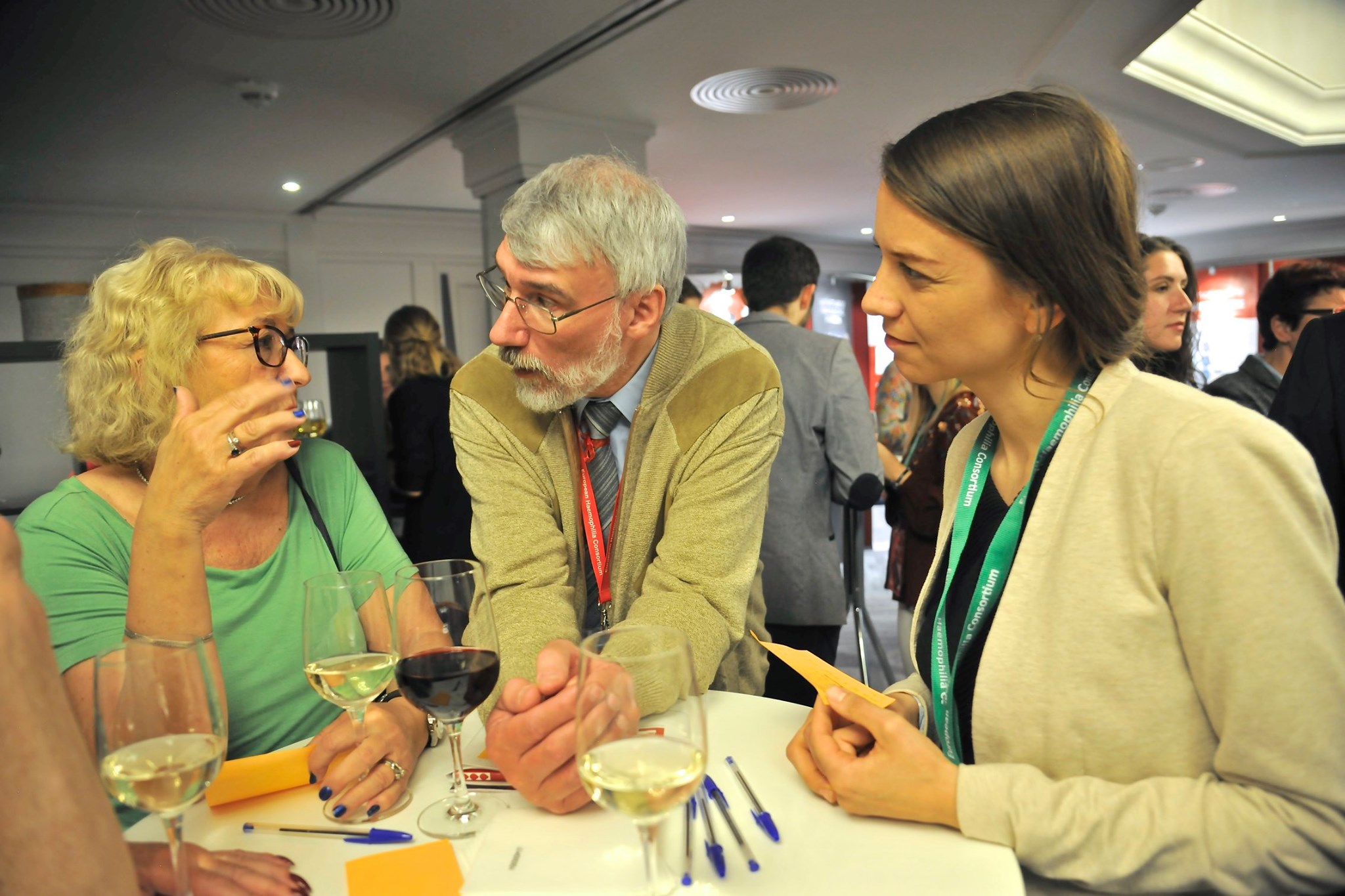 Brussels and later on too. I also advised colleagues as they integrated into our team. You could say that in doing my job – and I consider doing job to be properly an achievement – some things became quite essential and led to building a milestone for the EHC. As the years went by, we built a stronger image as a professional organisation, and our outer image improved too. We presented ourselves better at EHC and other conferences with a proper stand. I really noticed the evolution of our stand from the WFH Congress in Paris in 2012 to the last EHC Conference in Skopje in 2019, which went hand in hand with the growth of our activities. I also like how our stand increasingly became the meeting point of our community, a place where people could meet, discuss and ask questions.
Brussels and later on too. I also advised colleagues as they integrated into our team. You could say that in doing my job – and I consider doing job to be properly an achievement – some things became quite essential and led to building a milestone for the EHC. As the years went by, we built a stronger image as a professional organisation, and our outer image improved too. We presented ourselves better at EHC and other conferences with a proper stand. I really noticed the evolution of our stand from the WFH Congress in Paris in 2012 to the last EHC Conference in Skopje in 2019, which went hand in hand with the growth of our activities. I also like how our stand increasingly became the meeting point of our community, a place where people could meet, discuss and ask questions.
I also distinctly remember the day I received a letter from Michael van der Linde asking to organise something for younger patients with haemophilia at a European level. I supported and sustained that request and made sure it was on the agenda of the Steering Committee. It first resulted in a single workshop, and now it is a full-blown youth programme with a staff person allocated to it almost exclusively. I believe the youth programme is key to ensuring the future of EHC members.
I was also delighted to see the women’s group grow from a pre-conference workshop in 2015 to the dynamic committee that they are today. I was present during that first workshop and was happy to contribute as EHC staff member and help to kick-start the conversation. For too long women have been under-recognised, and I am pleased to see they are finally getting the attention they deserve. Another thing that I would have liked to see in my time was the change of perception from women being see as carriers. This would be a big cultural shift, and I hope we will get there.
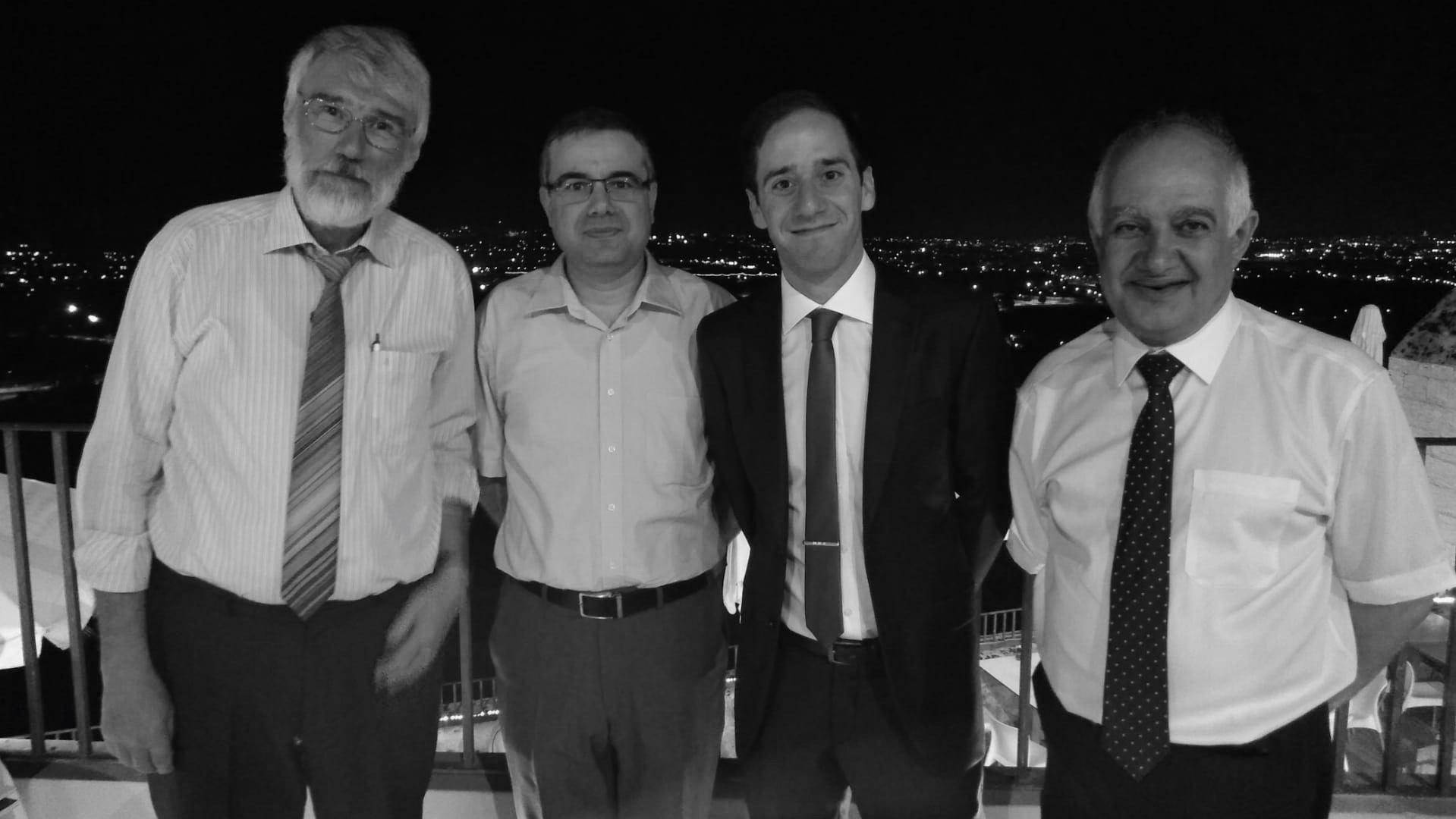 My objective has always been to connect with members and to find out how they were doing and how we could help. I, unfortunately, do not speak Russian, and this is the vehicular language for a large part of our community, so conversations with this group of members have always been more difficult. Nonetheless, I strived to ensure that we do also serve them, with information in Russian on our website and the translation of some publications. I was really pleased when the EHC hired a staff person speaking Russian, Kristine, and then another, Nastia. This really helped to tighten the link between the EHC and all of our members, and having a second staff person means that there is more capacity to do more regular communications in Russian for our members.
My objective has always been to connect with members and to find out how they were doing and how we could help. I, unfortunately, do not speak Russian, and this is the vehicular language for a large part of our community, so conversations with this group of members have always been more difficult. Nonetheless, I strived to ensure that we do also serve them, with information in Russian on our website and the translation of some publications. I was really pleased when the EHC hired a staff person speaking Russian, Kristine, and then another, Nastia. This really helped to tighten the link between the EHC and all of our members, and having a second staff person means that there is more capacity to do more regular communications in Russian for our members.
Finally, another achievement has been the purchase of an office for the EHC. I helped to find this office and was delighted that Brian, our former president, was satisfied with it when he first visited it. I hope this will further serve the EHC community by contributing to ensuring EHC’s stability.
For me, fondest memories always equate to meeting people. I had the privilege to travel to many of our member countries and meet patients there. I am thinking
in particular of Cyprus, Malta, Romania, Ukraine, Germany, Bosnia-Herzegovina and Barretstown, in Ireland, where I met the broader inhibitor community. I always tried to get to the person beyond their status and the job to truly understand what their life was like. It has always been a great pleasure for me to meet these people again and again during EHC and other meetings. I also enjoyed the more informal moments, like the Conference dinners dances or singing karaoke in Barretstown after a long day of often emotional meetings. I like that we can give space to our community to be themselves and celebrate together, like dancing even though you are in a wheelchair or singing hard rock songs in Portuguese. I truly loved that.
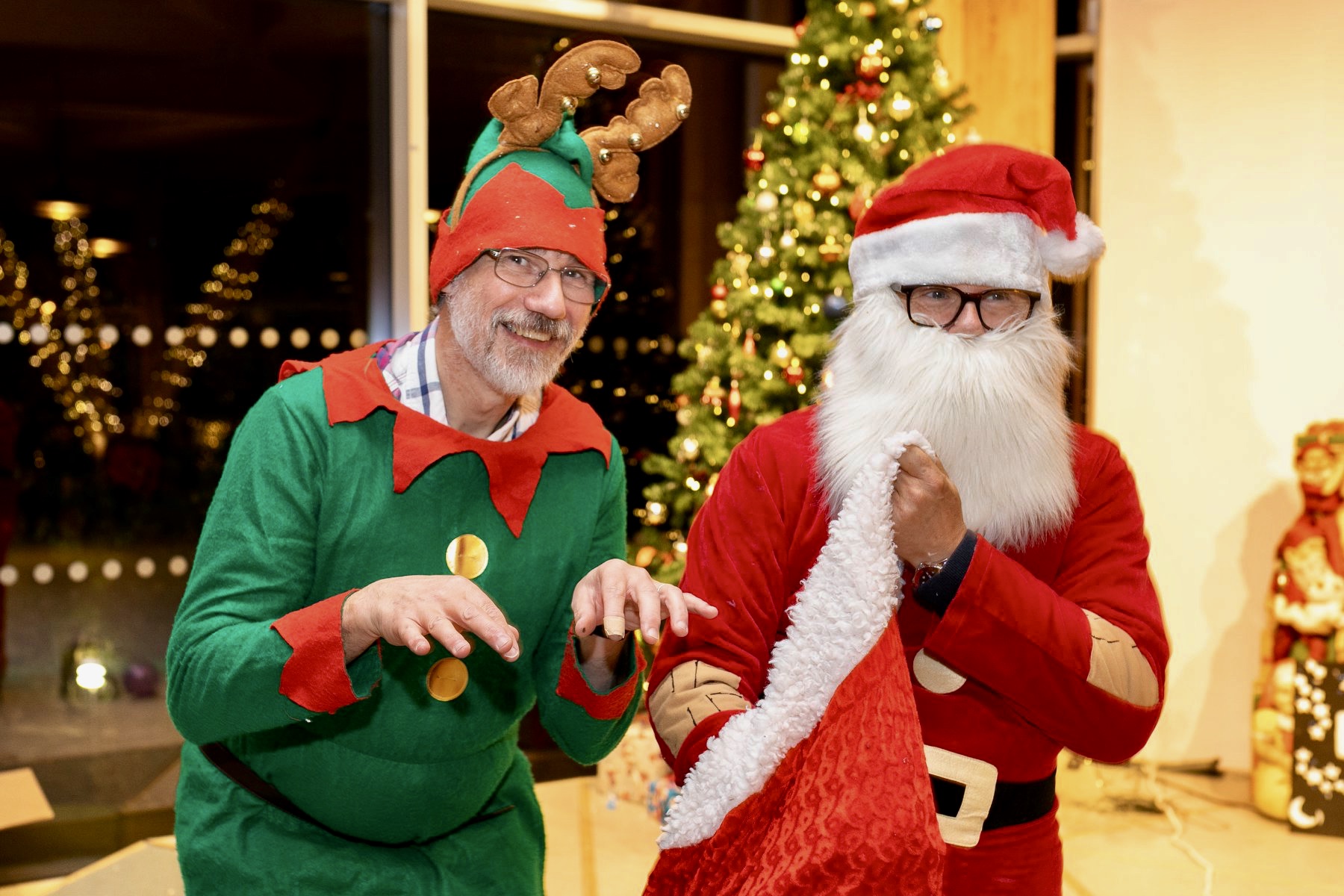
Thank you, Jo, not only for the interview but for all of your work and support during the past ten years. You will certainly be missed, but we are happy to know that we will still see you during some of the EHC events.



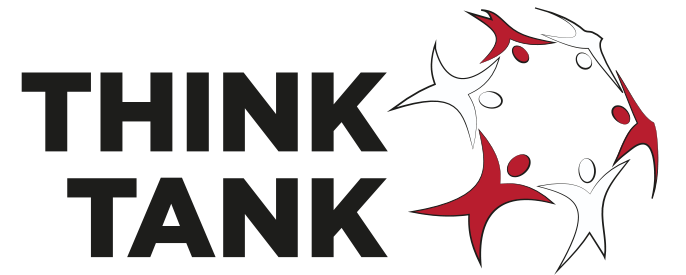
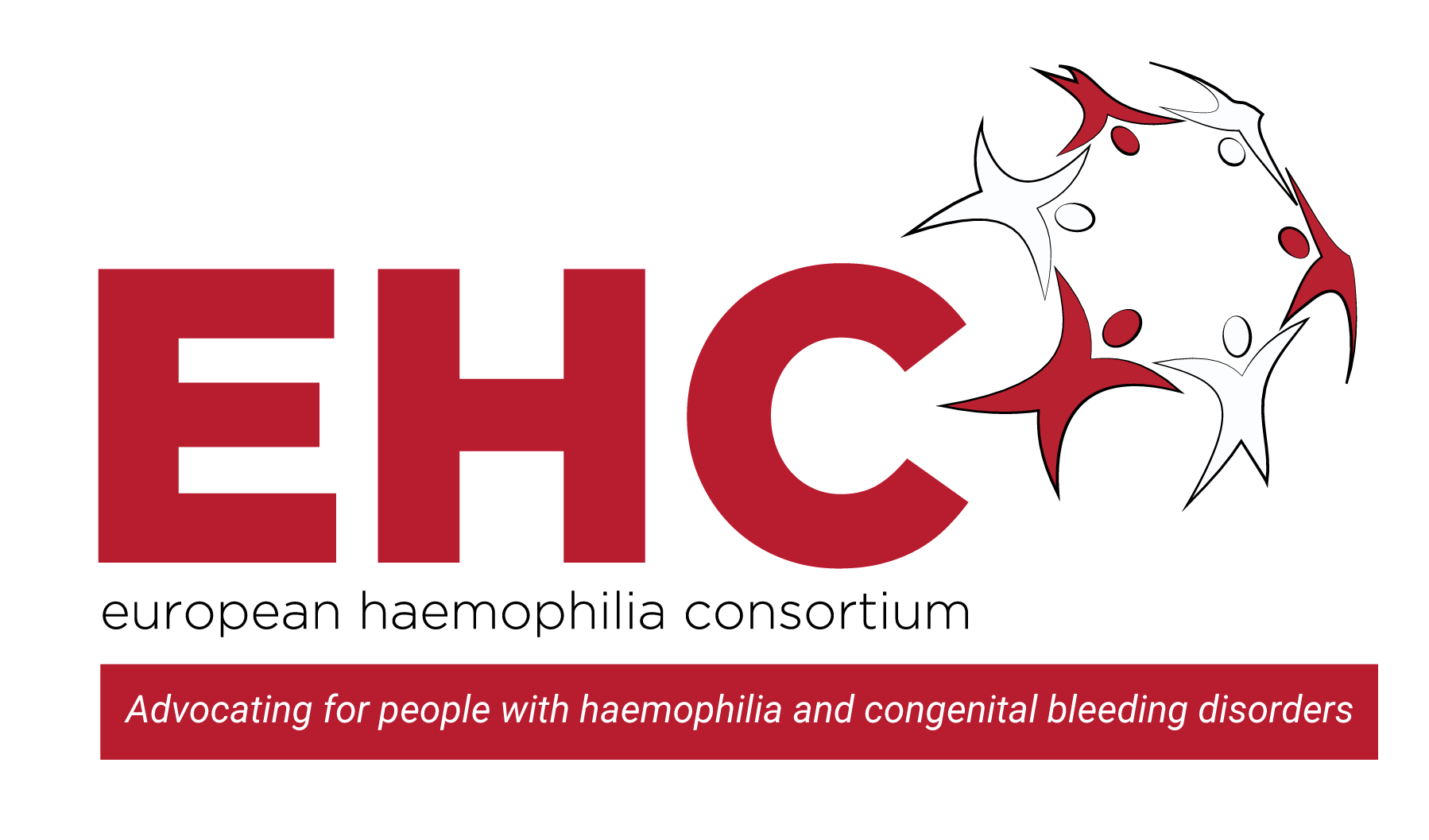
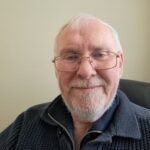 Jim is aged 66 and has Haemophilia A with a high titer inhibitor which he developed at age 14.
Jim is aged 66 and has Haemophilia A with a high titer inhibitor which he developed at age 14.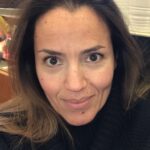 Maria Elisa Mancuso (MD, PhD) is a Haematologist and works as a Senior Haematology Consultant at the Center for Thrombosis and Haemorrhagic Diseases of IRCCS Humanitas Research Hospital in Rozzano, Milan, Italy. She is Adjunct Clinical Professor at Humanitas University. She obtained a post-degree in Clinical and Experimental Haematology and a PhD in Clinical Methodology. She is involved in clinical research and has published several original articles in peer-reviewed journals a The Lancet, Blood, Journal of Thrombosis and Haemostasis, Haematologica, Thrombosis and Haemostasis, British Journal of Haematology and Haemophilia. She is reviewer for several peer-reviewed journals and member of the Editorial Board of JTH. She is a member of several scientific societies (ISTH, WFH, ASH, EAHAD, SISET, AICE) and was a medical member of the Inhibitor Working Group of the European Hemophilia Consortium. She is co-chair of the ADVANCE Study Group. She has acted also as co-chair of the Scientific and Standardization Subcommittee of ISTH on FVIII, FIX and rare bleeding disorders. She has been involved as principal and co-investigator in several clinical trials, and she takes care of both children and adults with hemophilia and other congenital bleeding disorders with a specific scientific interest in novel therapies, prophylaxis, inhibitors, and chronic hepatitis C.
Maria Elisa Mancuso (MD, PhD) is a Haematologist and works as a Senior Haematology Consultant at the Center for Thrombosis and Haemorrhagic Diseases of IRCCS Humanitas Research Hospital in Rozzano, Milan, Italy. She is Adjunct Clinical Professor at Humanitas University. She obtained a post-degree in Clinical and Experimental Haematology and a PhD in Clinical Methodology. She is involved in clinical research and has published several original articles in peer-reviewed journals a The Lancet, Blood, Journal of Thrombosis and Haemostasis, Haematologica, Thrombosis and Haemostasis, British Journal of Haematology and Haemophilia. She is reviewer for several peer-reviewed journals and member of the Editorial Board of JTH. She is a member of several scientific societies (ISTH, WFH, ASH, EAHAD, SISET, AICE) and was a medical member of the Inhibitor Working Group of the European Hemophilia Consortium. She is co-chair of the ADVANCE Study Group. She has acted also as co-chair of the Scientific and Standardization Subcommittee of ISTH on FVIII, FIX and rare bleeding disorders. She has been involved as principal and co-investigator in several clinical trials, and she takes care of both children and adults with hemophilia and other congenital bleeding disorders with a specific scientific interest in novel therapies, prophylaxis, inhibitors, and chronic hepatitis C.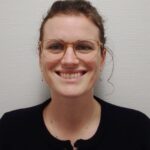 As a patient with factor II deficiency, the diagnostic and treatment of rare bleeding disorders is a matter dear to my heart. My motivation to participate in the work of the ERIN committee is to improve both diagnostic and treatment for patients with rare bleeding disorders across Europe.
As a patient with factor II deficiency, the diagnostic and treatment of rare bleeding disorders is a matter dear to my heart. My motivation to participate in the work of the ERIN committee is to improve both diagnostic and treatment for patients with rare bleeding disorders across Europe.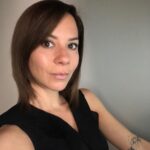 Economist and financial expert by profession, executive coach and trainer by passion and haemophilia advocate by every drop of my blood through my son (who has severe haemophilia A with inhibitors). Bringing a good decade of practical experience from the corporate insurance world, laser focus, growth mindset and resilience from my own experience, offering you anything I can just do, in hope that together we can make life more fulfilled for those impacted by bleeding disorders.
Economist and financial expert by profession, executive coach and trainer by passion and haemophilia advocate by every drop of my blood through my son (who has severe haemophilia A with inhibitors). Bringing a good decade of practical experience from the corporate insurance world, laser focus, growth mindset and resilience from my own experience, offering you anything I can just do, in hope that together we can make life more fulfilled for those impacted by bleeding disorders.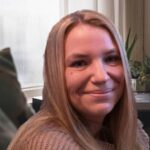 Amy Owen-Wyard is a Registered Mental Health Nurse. With experience working with children, young people, their families and adults with severe and enduring mental health conditions. Amy was also involved in a service improvement to provide a holistic care approach for those in general hospitals to support both their mental and physical health, whilst sharing her expertise and knowledge in mental health with the wider multidisciplinary team.
Amy Owen-Wyard is a Registered Mental Health Nurse. With experience working with children, young people, their families and adults with severe and enduring mental health conditions. Amy was also involved in a service improvement to provide a holistic care approach for those in general hospitals to support both their mental and physical health, whilst sharing her expertise and knowledge in mental health with the wider multidisciplinary team.